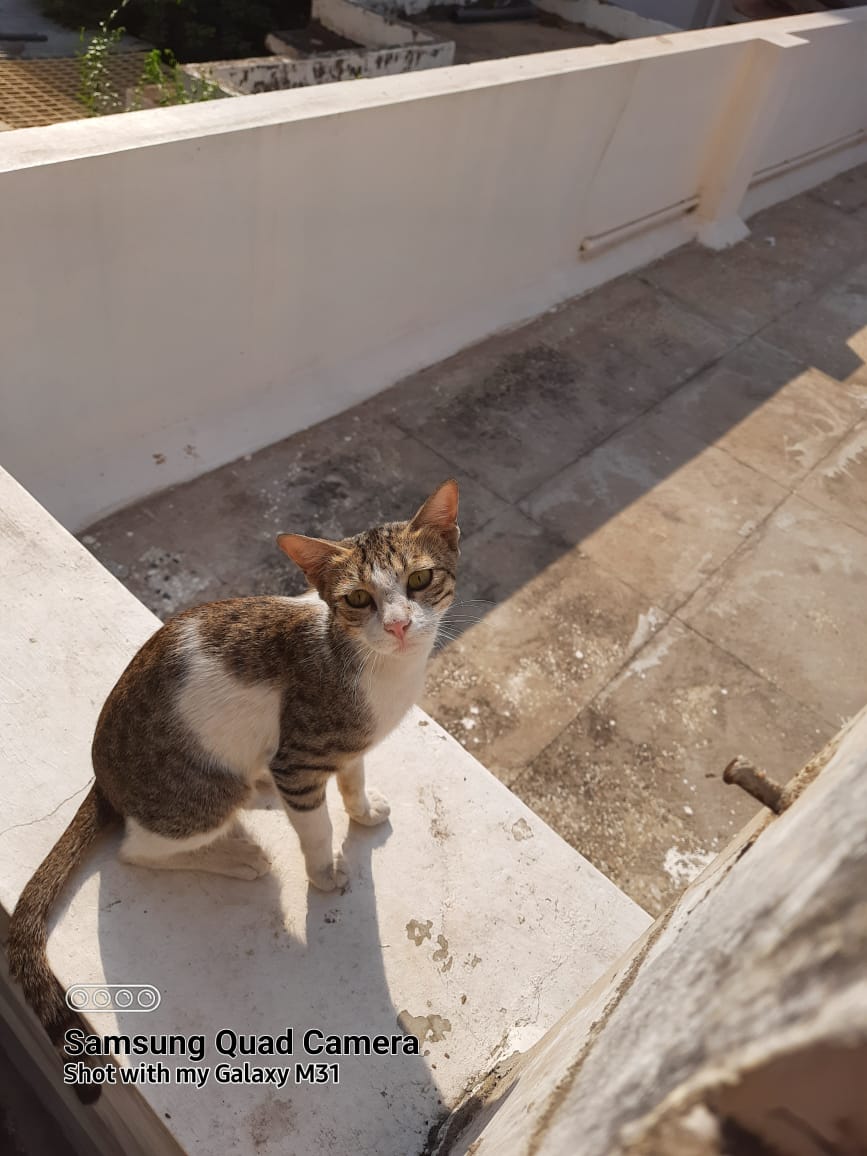Free-roaming stray cats in your neighborhood might be prey to a fast-spreading, suspected viral infection.
Feline Panleukopenia (FPL), a viral infection caused by a family of parvovirus called Feline Panleukopenia Virus (FPLV), making them an extremely tough virus to combat. Feline Panleukopenia is a highly contagious acute intestinal disease that affects young cats and is marked by severe leukopenia besides a high morbidity and mortality rate.
The cats suspected of the infection showed a pattern of symptoms, including vomiting, dull fur, fever, and diarrhea. Vomiting and diarrhea have traces of blood and body fur, moreover elasticity losses out due to dehydration. Due to a significant drop in the count of White Blood Cells (WBCs’) infected cats tend to lose appetite.
Ailurophiles in the city, who feed and take care of stray cats in their neighborhoods, raised an alarm when cats went missing for an extended period. According to veterinary professionals, nearly 20 to 30 cases have surfaced in the last two months under the symptoms listed.
Death can result from severe dehydration, bacterial infections, or disseminated intravascular coagulation. This virus’s testing is a little more expensive than others. Cats aged 3 to 5 months are especially susceptible to acute sickness, which can be exacerbated by gastrointestinal illnesses.
In the last two consecutive months, cases have shown up in Tandalja, Makarpura, and Mandavi. Domestic cats, who are vaccinated, are safe from this virus. However, precautions should be maintained even though humans cannot get infected.
Written by:
Shristi Chatterjee





